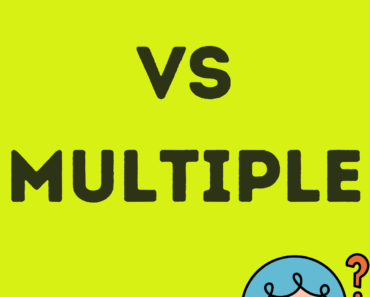Understanding the difference between “shall” and “should” can greatly enhance your grasp of English grammar. “Shall” is often used to indicate future action, usually in formal or legal contexts, and is more common in British English.
It suggests obligation or necessity, as in “You shall not pass.” On the other hand, “should” implies advice, recommendation, or expectation. It’s used to express what is likely or desirable, such as in the sentence “You should see a doctor.”
Definition and Usage of “Shall”
“Shall” is a modal verb used to indicate future action, typically in formal contexts.
Usage and Examples:
- Future Action: “Shall” is used to state what will happen under specific conditions.
- Example: “The meeting shall begin at noon.”
- Obligation (Formal): In legal or formal settings, “shall” expresses a strong sense of duty or requirement.
- Example: “The tenant shall pay the rent on the first day of each month.”
- Offers or Suggestions (Questions): “Shall” is used in questions to offer or suggest.
- Example: “Shall we go to the cinema tonight?”
Definition and Usage of “Should”
Definition:
“Should” is a modal verb used to indicate obligation, duty, or correctness, often focusing on moral, advisory, or desirability aspects.
Usage and Examples:
- Advice or Recommendation: “Should” is used when advising or recommending actions.
- Example: “You should try to exercise regularly.”
- Expectation: It expresses what is likely or expected.
- Example: “He should be here by 7 PM because he left early.”
- Conditional Moods: In conditional sentences, “should” is used to explore outcomes of hypothetical scenarios.
- Example: “Should you need any further information, please contact us.”







